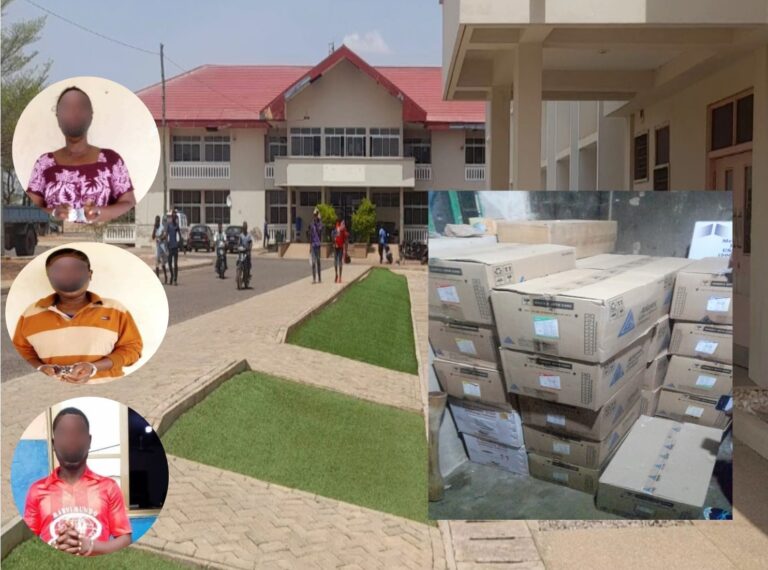
ne of the lawyers representing the hospital staff members standing trial at a Circuit Court in Bolgatanga for stealing medicines at the Upper East Regional Hospital has notified the court with a plea on his knees that two of the accused persons have resolved to admit that they are guilty as charged.
The notice is among some proposals the accused persons— the hospital’s drugstore keeper, Raheem Fasilat, and a dispensary officer at the hospital’s pharmacy, Bridget Banoeyelle— are said to have made voluntarily as part of a plea bargain agreement requested on their behalf by their lawyer, Lwanga Saanyeh Bagonluri.
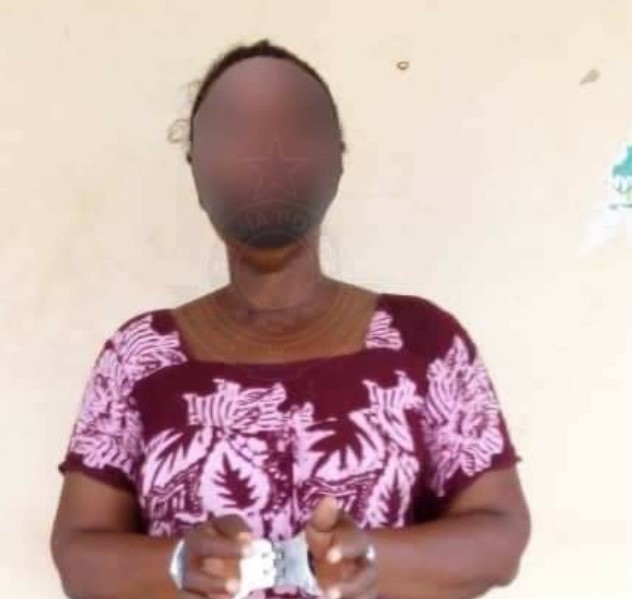
“Under Section 162 A and 162 B (1) of the Criminal and Other Offences Procedure (Amendment) Act 2022 (Act 1079), I write on behalf of my clients, the 1st and 2nd Accused Persons herein to negotiate for a Plea Bargain Agreement,” the lawyer said in a written request he addressed to the region’s Principal State Attorney, Joyce Buerkuor Debrah, and copied to the court.
Continuing, the lawyer said: “The Accused Persons were charged as per the Charge Sheet and they both pleaded Not Guilty but upon a sober reflection, I have advised based on law that we approach this case with lots of respect, sincerity and honesty on the part of the Accused Persons herein”.
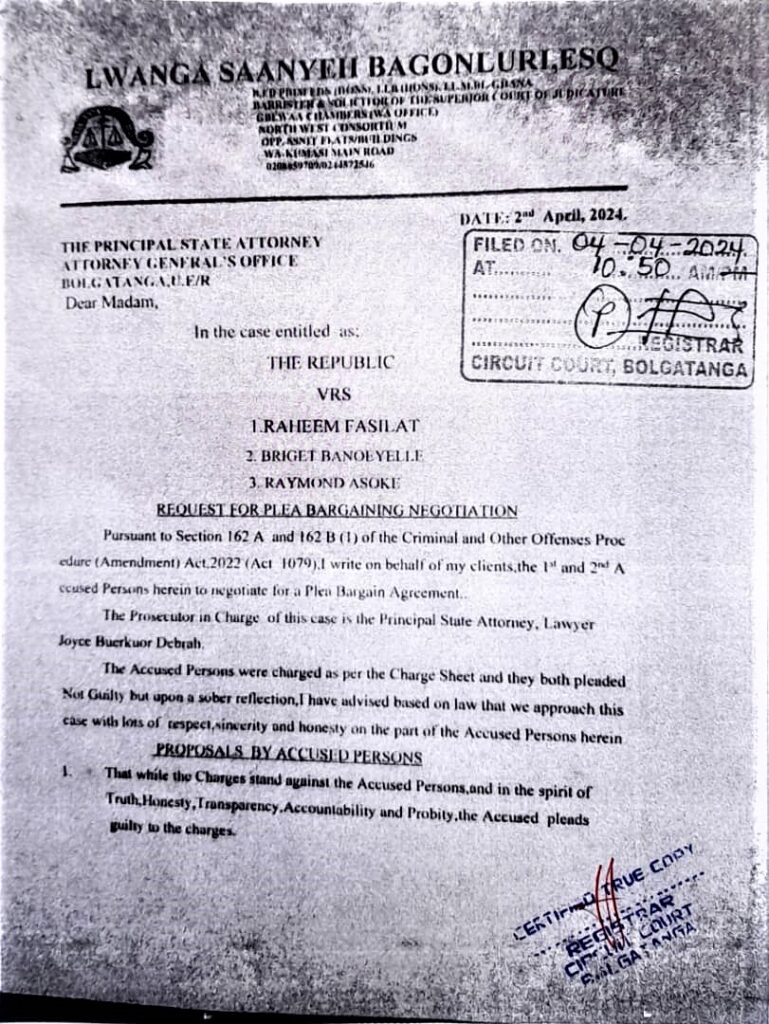
The request made by the lawyer comes after Media Without Borders submitted footage of its investigative findings on the drug thefts in evidence to the Attorney-General’s Office and after disclosure of the same together with post-arrest evidence from police had formally taken place in court through state prosecutors.
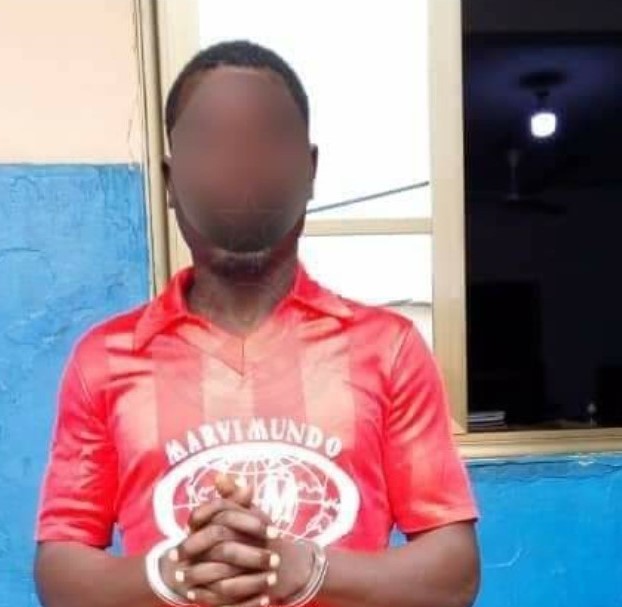
The three proposals made by the accused persons
The two accused persons are facing three charges together with a third accused person, Raymond Asoke, a driver at the hospital who is being represented in the trial by a private legal practitioner, Richard Adongo.
The first charge is Conspiracy to Commit a Crime, to wit stealing, contrary to Sections 23 (1) and 124 (1) of the Criminal and Other Offences Act of Ghana Act 1960 (Act 29).
The second charge: Abetment of Crime, to wit stealing, contrary to Sections 20 and 124 (1) of the Criminal and Other Offences Act of Ghana Act 1960 (Act 29).
And the third is stealing, contrary to Section 124 (1) of the Criminal and Other Offences Act of Ghana Act 1960 (Act 29).
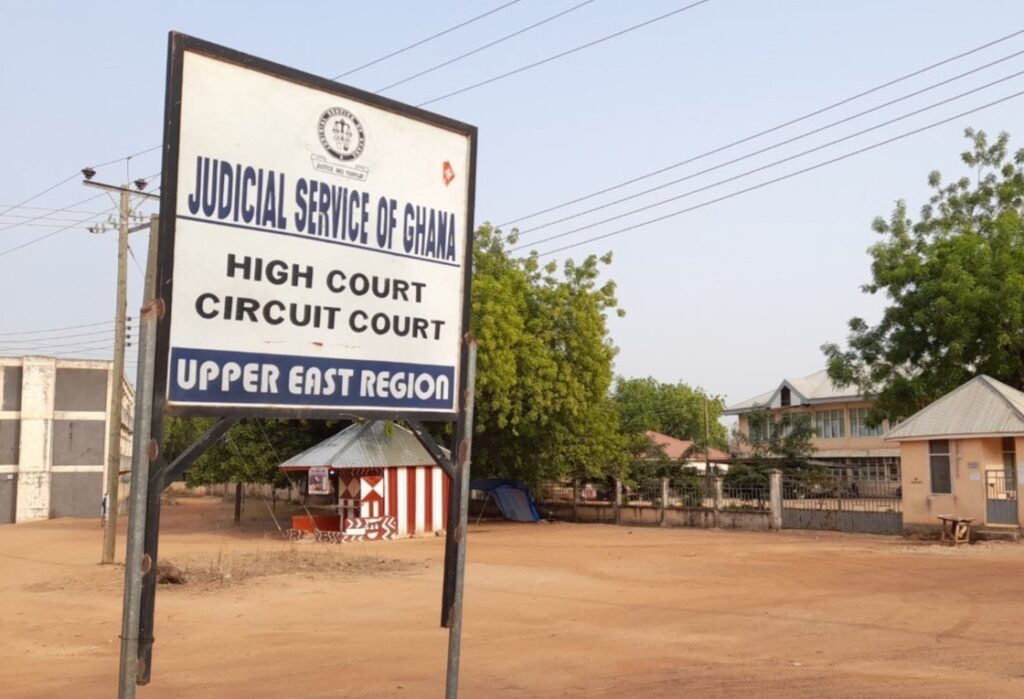
In addition to the proposal by the accused persons to plead guilty to the charges, they also made two other proposals in the request for plea bargain negotiation filed by their lawyer.
“That while the Charges stand against the Accused Persons, and in the spirit of Truth, Honesty, Transparency, Accountability and Probity, the Accused pleads [sic] guilty to the charges. The Accused Persons agree to pay a refund of the whole amount charged against them, that is restitution.
“That the Accused Persons agree to pay a compensation of ¢1,000.00 to the hospital. It is with a deep sense of apology, and regret on the part of the Accused Persons herein that I communicate to you,” the lawyer stated.
He added in the letter: “I am on my knees counting on your cooperation.”
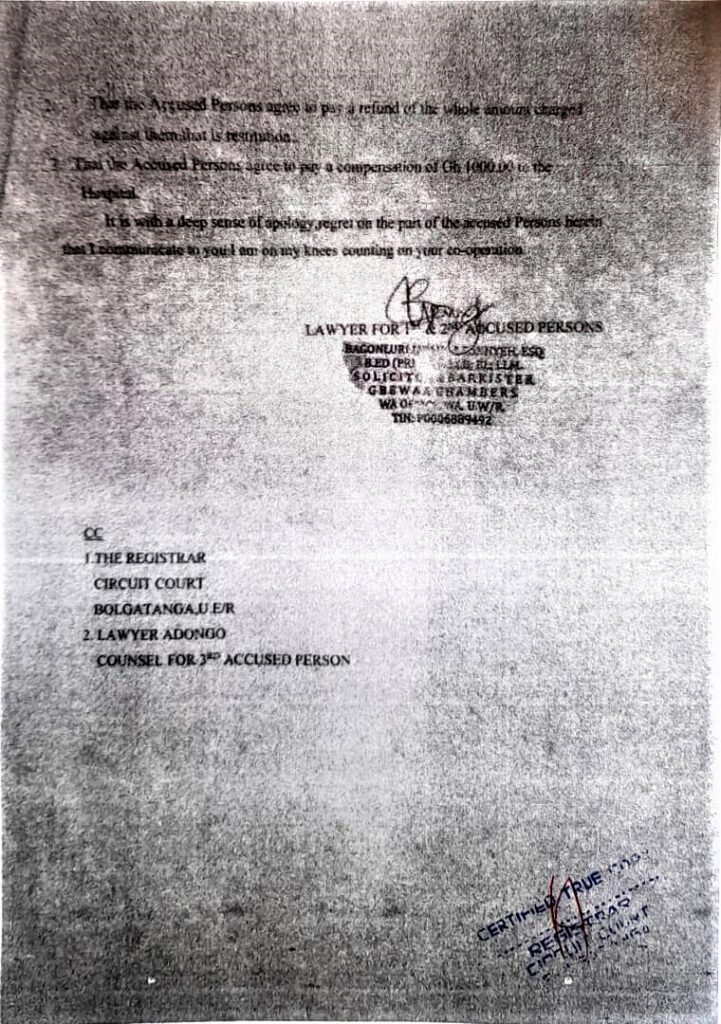
Trial enters 8th month
The ongoing court hearing has run for eight months so far since the accused persons’ first appearance in court on Monday, 7 August 2023.
Their arrests on Friday, 4 August 2023, and Saturday, 5 August 2023, climaxed a year-long investigation conducted by the author of this report into rampart disappearances of drugs at the public hospital.
Thirty-four (34) boxes of assorted medicines were retrieved from the accused persons when the writer of this story led the Divisional Police Command in Bolgatanga to a near-abandoned building where tons of not-for-sale medicines illegally taken from the hospital were always hidden before they were transported out of the region for sale.
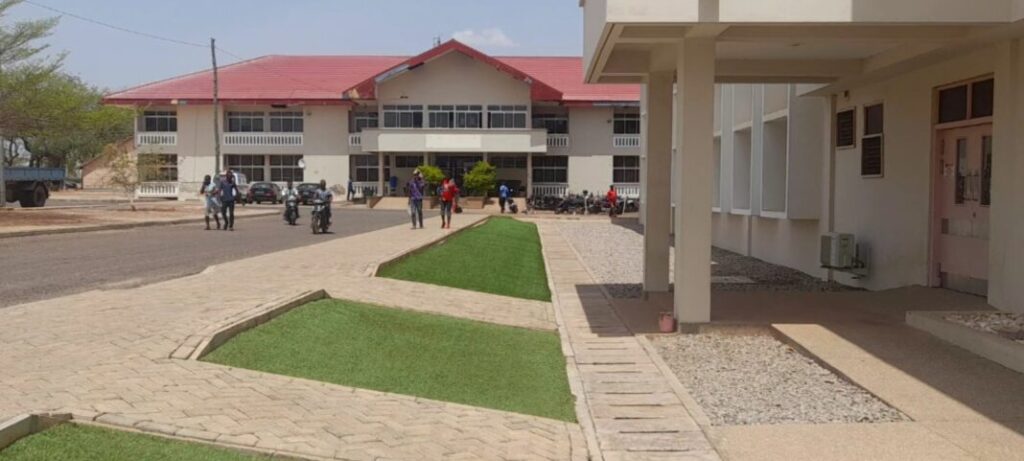
The 34 boxes retrieved in August 2023, separately contained antimalarial drugs, medicines meant for patients with high blood pressure, drugs administered to prevent pain during surgery and other procedures in a theatre, drips and injection powder among other drugs supplied by the Ministry of Health (MoH) to the regional hospital.
Media Without Borders launched the investigation in 2022 after several members of the public complained that some patients suffered deteriorating health and some died because the hospital could not provide them with medicines.
Two important people who could have provided more information in connection with the drug thefts died mysteriously after the cartel behind the massive disappearances of medicines at the hospital was exposed by this media outlet.

Mercy Alagpulinsa, who knew some members of the syndicate and once showed her displeasure at their illicit deeds, became ill suddenly on Tuesday, 15 August 2023, and died a few hours later after vomiting foamy substances several times. She died about ten days after the cartel’s cover was blown.

Moments before her sudden illness and instant death, she had honoured an invitation extended to her for a private meeting by a Ghana Health Service (GHS) administrator who reportedly did not want her to testify in court in favour of the state. According to very close sources, she was 16 weeks pregnant when she died and left a six-year-old daughter behind.

The following month, the head of the hospital’s pharmacy department, Samuel Amoateng Saffoh, vowed to get to the bottom of the thefts. He reportedly set up a team to take stock of all the medicines the hospital had received from MoH for the two years before August 2023.
Saffoh was taken ill mysteriously and died on Saturday, 23 September 2023— just about 48 hours after instituting the internal audit team to dig out more information.

Sources say an autopsy report revealed that he was poisoned. He is survived by his wife and four children, the youngest child still in preschool at the time, according to the late pharmacist’s family friends.
Public post-arrest actions
The three accused persons have been on suspension from work since last year following the Ghana Health Service Code of Conduct and Disciplinary Procedures following their arrests in connection with the investigation.
The court remanded them last year into police custody for two weeks on their first appearance and remanded them again for another two weeks into police custody on their second appearance before granting them bail.

While they were in custody, some angry residents and members of civil society organisations in the region staged a street demonstration in the region’s capital with placards.

The demonstrators blamed the accused persons and the syndicate for the deaths of some patients who reportedly died owing to the unavailability of drugs at the hospital and strongly demanded that the court penalise them severely to serve as a deterrent to individuals and cartels involved in robbing the sick of medication and cure.

They also urged the police to go after the other members of the drug theft chain and warned some politicians and traditional authorities to never interfere in the court trial.

The police say the accused persons declined upon arrest to give details of the companies involved in buying the stolen medicines from them.
Important facts about plea bargain
A plea bargain, also known as a negotiated plea, is an agreement between a prosecutor and a defendant or an accused person.
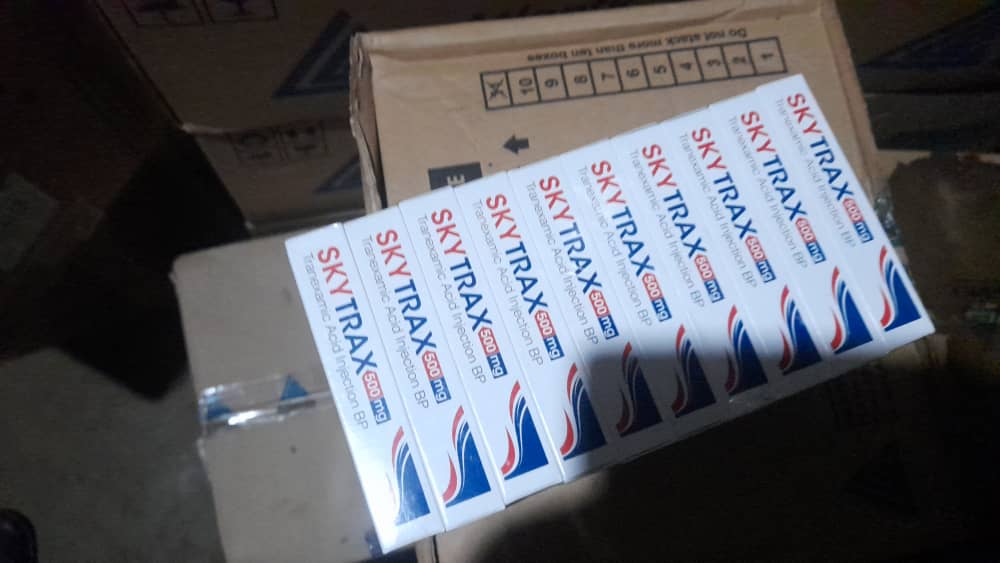
Section 162A of Act 1079 of the Criminal and Other Offences (Procedure) (Amendment) Act, 2022, allows a defendant or accused person charged with a criminal offence in Ghana to negotiate a plea agreement with prosecutors at any time before the court delivers its judgment.
A plea bargain happens when a defendant or an accused person agrees to admit that they are guilty of a criminal offence they have been charged with even before the prosecutor proves in court that they are guilty of the criminal offence.

For admitting that they are guilty, the prosecutor charges the defendant or the accused person with a less serious offence or recommends less serious penalties.
When a defendant or an accused person initiates a plea bargain agreement, they are required to stand up in court and admit that they have violated the law.
Subsequently, the prosecutor makes a recommendation to the judge based on the terms or conditions of the plea agreement.

However the prosecutor’s recommendation is subject to the overriding discretion of the judge. The judge is not required to follow or abide by the agreement or deal the prosecutor made with the defendant. The judge’s position is generally determined by the gravity or seriousness of the crime.
Once the defendant or accused person pleads guilty, there will be no further hearing on the charges; the judge enters judgment.

Some offences are exempted from plea bargains. They are robbery, murder, attempted murder, rape, defilement, kidnapping, crimes related to public elections, treason, high treason, piracy and hijacking, genocide and abduction.

The Circuit Court is scheduled to sit again on the case involving the three accused persons on Wednesday, 8 May 2024, with the plea bargain agreement expected to take centre stage.
Source: Edward Adeti/Media Without Borders/mwbonline.org







